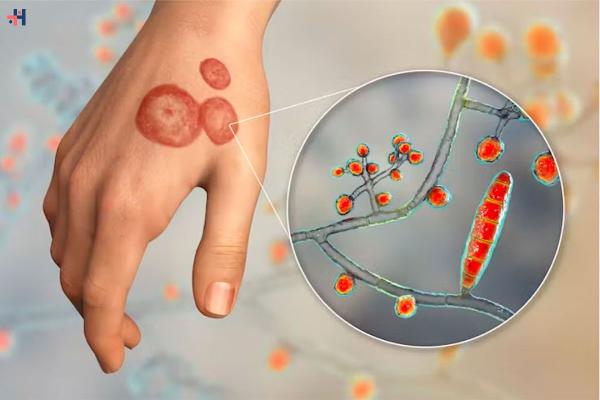 Bulk Content Creation – Scale Without Sacrificing Quality!
Bulk Content Creation – Scale Without Sacrificing Quality!
Promising Results for Home Use of Ketamine Tablets in Treating Severe Depression
Written by HealthCare360 » Updated on: June 17th, 2025

Promising Results for Home Use of Ketamine Tablets in Treating Severe Depression
Home Use of Ketamine Tablets in Treating Severe Depression | Healthcare 360 Magazine
(Source-New-Atlas)
Over the past two decades, ketamine tablets has been extensively studied for its antidepressant effects, primarily in injectable and nasal spray forms. These forms, however, require administration under strict medical supervision and necessitate patient monitoring for two hours post-treatment to manage side effects. A recent study introduces a potentially groundbreaking alternative: a slow-release ketamine tablets, administered a few times a week, which shows promise in treating severe depression and can be taken at home without medical supervision.
Insights from Clinical Trials about ketamine tablets
Professor Colleen Loo, a clinical psychiatrist and researcher at the University of New South Wales Sydney (UNSW Sydney) and the Black Dog Institute (BDI), highlighted the significance of the trial’s findings. Loo, who has previously researched injectable and nasal spray ketamine tablets, remarked, “The kind of results we’re seeing look as good as other ways of giving ketamine tablets and are fascinating for two reasons.”
First, the practical benefits are evident. The slow-release tablet form simplifies administration, eliminating the need for clinic visits and prolonged medical monitoring. This home-based treatment mirrors the convenience of traditional antidepressant medications and potentially expands patient access. Additionally, the availability of multiple administration methods, such as injections and tablets, allows for tailored treatments based on individual responses.
Secondly, the trial challenges existing theories about ketamine’s mechanism in treating depression. Conventional wisdom suggests that dissociative effects—altered reality and perception—are crucial for ketamine’s antidepressant efficacy, akin to psychedelic-assisted therapies. However, Loo points out that the tablet form releases ketamine gradually, preventing significant dissociation while still alleviating depressive symptoms. This finding questions the necessity of altered reality experiences for effective treatment, suggesting that alternative mechanisms may be at play.
Trial Details and Future Implications
Led by Professor Paul Glue from the University of Otago, New Zealand, the Phase 2 randomized controlled trial involved collaboration with UNSW Sydney, BDI, and other research institutions across Australia and New Zealand. The study included 168 adults with treatment-resistant depression, randomly assigned to receive varying doses of oral ketamine (30 mg, 60 mg, 120 mg, and 180 mg) or a placebo twice a week for 12 weeks. The efficacy of the treatment was measured using the Montgomery-Åsberg Depression Rating Scale (MADRS), a tool for assessing depressive symptom severity.
Results showed significant improvement in participants taking the highest dose of 180 mg twice weekly, with MADRS scores dropping by an average of 14 points, compared to an eight-point reduction in the placebo group. Relapse rates were also notably lower in the ketamine tablets group. Common side effects, such as dizziness, headache, and minor dissociative feelings, were minimal, and the overall tolerance for the oral drug was high. Notably, most participants managed their medication at home, underscoring the treatment’s practical feasibility.
Despite these encouraging outcomes, the study’s authors acknowledge the potential for misuse, a concern with all psychedelic medications. However, the slow-release tablets’ hard-to-manipulate nature reduces the risk of abuse. Only one participant was removed from the study due to non-compliance, with no reports of craving for the tablets.
Note: IndiBlogHub features both user-submitted and editorial content. We do not verify third-party contributions. Read our Disclaimer and Privacy Policyfor details.
Copyright © 2019-2025 IndiBlogHub.com. All rights reserved. Hosted on DigitalOcean for fast, reliable performance.

















